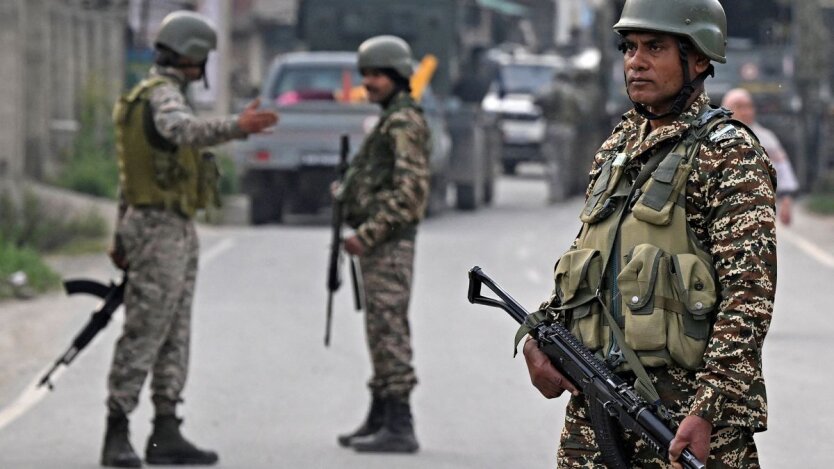Operation 'Sindur' and Retaliatory Strikes: How India and Pakistan Found Themselves on the Brink of War.


India and Pakistan exchanged strikes in Kashmir
On the night of May 7, India launched strikes against Pakistan and areas of Kashmir controlled by Pakistan. This occurred due to accusations from Delhi of supporting militants responsible for an attack on tourists in Kashmir, where 26 people were killed.
Operation 'Sindur' began on the night of May 7 when India carried out missile strikes on Pakistan and its territories in Kashmir. In response, Pakistan claimed to have shot down several Indian fighter jets, which led to the fiercest armed clash between the countries in recent years.
The Chief of Army Staff of Pakistan, Syed Asim Munir, stated that at least 26 civilians were killed as a result of the attack, and another 46 were injured.
India noted that the strikes were not aimed at Pakistan's armed forces but at facilities associated with militants who planned and carried out terrorist attacks against India.
In turn, the Indian police reported that as a result of Pakistani strikes on the territory of Kashmir under its control, 10 people were killed and 48 were injured.
Deteriorating Relations Between India and Pakistan
The attack on tourists in Kashmir on April 22 intensified the conflict between the two countries, where India accused Pakistan of involvement and implemented strict measures against its neighbor. Pakistan dismissed the accusations and threatened a severe response.
The conflict in Kashmir has lasted over 70 years and has been marked by two full-scale wars. The Indian part of Kashmir has been targeted by armed groups since 1989, leading to attacks on the civilian population and law enforcement agencies. The attack on tourists in Pahalgam turned out to be the largest in the last two decades in terms of casualties among the peaceful population.
The history of tense relations between India and Pakistan in Kashmir is rooted in antiquity when both countries sought control over the region. The desire to dominate in the context of nuclear weapons development complicates the situation and increases the threat of war between the neighbors.
Read also
- The budget deficit of Russia is growing due to falling oil revenues
- Monitoring of Job Advertisements is Introduced in Ukraine
- Hybrid Threats: Ukraine Begins Strategic Cyber Cooperation with Scandinavian Countries
- Russia's 'Shadow Fleet': EU Targets Lukoil's Dubai Subsidiary
- China increases gold and foreign exchange reserves for the sixth consecutive month
- In Germany, Gazprom's assets were seized for breach of contracts










